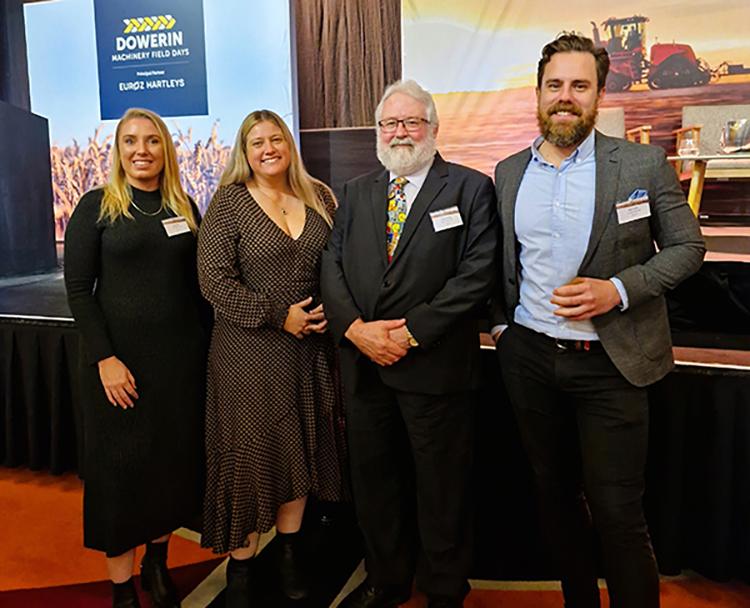The Shire of Victoria Plains is a small council of around 30 staff serving approximately 800 residents. The Shire is engaging early and actively with Green Wind Renewables, the proponent of two large scale wind energy projects spanning neighbouring shires and totalling approximately 1.2 gigawatts. The projects represent about 25% of scheduled wind farm capacity to be developed in Western Australia's Wheatbelt.
Council staff found Green Wind Renewables "good to deal with" and "open to suggestions and feedback". Council's approach was to "listen first" be "as open as possible" and "offer local insights to inform the developer's direction and engagement approach". Regular and constructive dialogue has been established, with developers acting on Council's advice.
Noting a regional information gap on wind energy developments, renewables and energy literacy, Council engaged a communications firm to develop clear, regular and consistent communications in plain language. The content, shaped independently of the developer, has been well received—helping build awareness and understanding in the community and address perceived bias in proponent-driven messaging.
The Shire CEO has also advocated for early and direct engagement with the Yued Noongar people, improved fire risk planning with local emergency services, and the creation of a community benefit sharing fund. The Shire has pushed for separate agreement around impacts on local roads and construction-related housing. The CEO described managing this development as something that "could be my life", underscoring the scale of work for small councils dealing with large scale renewable developments.

Image: From left to right, Carly Filby (Community Relations Coordinator, Green Wind Renewables), Pauline Bantock (President, Shire of Victoria Plains), Sean Fletcher (CEO, Shire of Victoria Plains), and Daniel Cotter (Director of Development, Green Wind Renewables).
The Shire of Victoria Plains' experience highlights the importance of maintaining a straight bat, being open and transparent, and ensuring communications are consistent and trusted. Its investment in professional communications and insistence on fair developer conduct is helping to shape better community outcomes and set a constructive precedent for small councils navigating major renewable projects.
The Shire has gone on to partner with AgZero and the Grower Group Alliance to roll out the Renewables for Community Resilience program. The program will bring together key stakeholders to develop a "platform" for strategic planning, collaboration, reporting, and knowledge sharing on renewable energy community benefit funds. This will include workshops, engagement and communication covering environmental, social, and cultural aspects.
Note: Case study current as at 23 October 2025.
This case study first appeared in the Western Australian Local Government Association's Renewable Energy Community Benefits and Engagement Guide (2025).